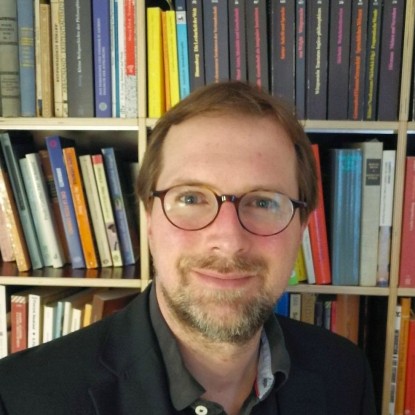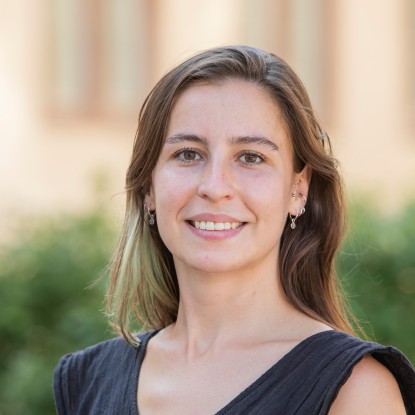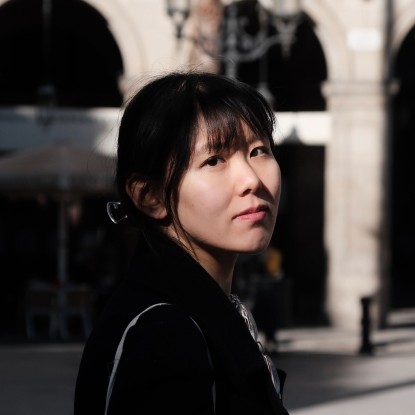The aim of the project is to analyse with corpus-linguistic methods how exactly, and to what extent, terminological innovations from academic discourses spread to the language of politics. Prof. Marcus Müller from the Institute of Linguistics and Literary Studies and Prof. Jens Steffek from the Institute of Political Science will direct this research project together. The project started in October 2023 and has a planned duration of three years.
Written and spoken discourses of international relations are marked by the use of abstract and often metaphorical terminology, containing terms such as “international system”, “balance of power” or “international anarchy”. Many of these terms were developed in an academic debate, or imbued there with a meaning that differs from how they are being used in everyday language. Innovations with a background in academic discourse and a demonstrated impact on politics are “global governance”, “human development” and “human security”. The aim of our research project is to map and explore systematically the ways in which those innovations have migrated from academic into policy discourses and how they were taken up by political actors.
Although discourse analytical and corpus-linguistic methods have become popular in the discipline of political science we still know rather little about the dynamics between field-specific academic language and the language of politics. In the German context, we have some anecdotal evidence to show that famous terms of the social sciences, in particular Max Weber’s creations, are picked up even in the German Bundestag. To map the emergence and diffusion of terminological innovations systematically we developed a tripartite model of diffusion that leads in three stages from the scientific discourse, over political advisory to political discourses proper. Empirically, we will first explore how the vocabulary of the academic sub-discipline of “International Relations” (IR) has changed over time. Our study will cover the 25 years from the bipolar Cold War order of the 1970s to the unilateral order dominated by the United States. In a second step we will compare these changes to developments in policy advisory and political discourses during the same period.
Our results will shed new light on the impact of academic IR on political debates and thus on the relevance of political science. This impact is not to be conceived as a direct transfer of scientific findings or recommendations to the political world. Rather, we are interested in dominant descriptions, interpretations or frames which determine what is considered normal, possible or desirable in international politics. It is this broader approach to the question of how political science can influence politics that sets our project apart from existing studies. It will also allow us to see what school of IR has been most successful in this regard.
Drittmittelgeber: DFG – Deutsche Forschungsgemeinschaft





